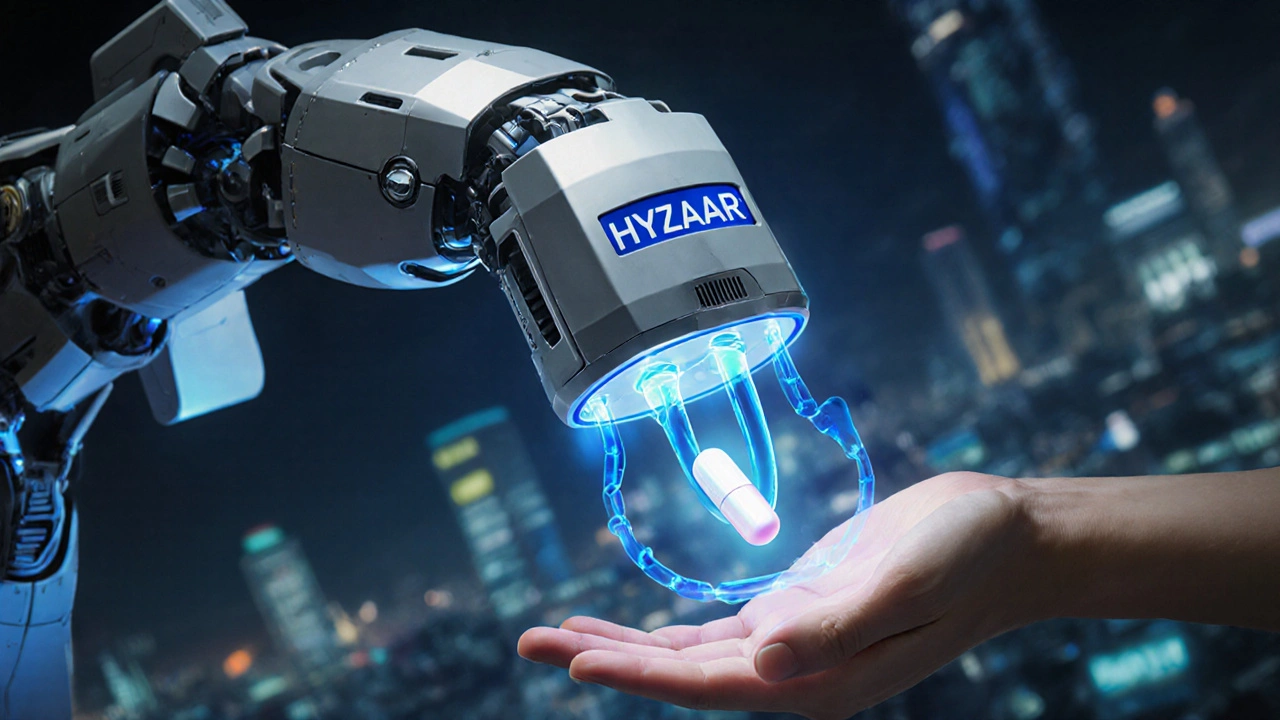Blood Pressure Medication: What You Need to Know
High blood pressure (hypertension) is a silent risk. The right medicine can keep your heart safe and lower the chance of stroke. Below you’ll find a quick rundown of the most common blood pressure pills, how they work, and simple steps to use them safely.
How Blood Pressure Meds Work
Most BP meds belong to one of five classes. Each class attacks the problem from a different angle, so your doctor can pick what fits your health profile.
ACE inhibitors block a hormone that tightens blood vessels. When the hormone is stopped, vessels relax and pressure drops.
ARBs (angiotensin II receptor blockers) do almost the same thing but work at a different spot. They’re a good backup if ACE inhibitors give you a cough.
Beta‑blockers calm the heart’s rhythm and slow the beat. Slower beats mean the heart pumps less force, lowering pressure.
Diuretics act like a gentle water pill. They help kidneys flush out extra fluid, reducing the volume that pushes against vessel walls.
Calcium‑channel blockers stop calcium from entering muscle cells, keeping arteries wide and blood flow smooth.
Doctors often combine two classes for better control. The key is finding a mix that lowers your numbers without causing trouble.
Choosing the Right Pill and Staying Safe
Never start a new BP pill on your own. A prescription guarantees the dose matches your condition and other meds.
Ask your doctor about common side effects. ACE inhibitors may cause a dry cough, diuretics can make you need to pee more, and beta‑blockers sometimes cause tiredness. Knowing what to expect helps you catch problems early.
Check your blood pressure at home. Write down the numbers and share them at each visit. Consistent readings tell you if the medication is working or if the dose needs adjusting.
Keep a list of everything you take – prescriptions, over‑the‑counter drugs, herbs, and supplements. Some supplements, like potassium‑rich herbs, can clash with certain BP meds.
If you need a refill, use a reputable online pharmacy that requires a valid prescription. Look for sites that show a pharmacy license number and clear contact details. Avoid any place that offers to sell meds without a doctor’s note.
Lifestyle still matters. A low‑salt diet, regular walks, and limiting alcohol keep the pressure down and help meds work better. Think of the pill as a partner, not a magic fix.
Finally, if you feel dizzy, faint, or notice swelling in your ankles, call your doctor right away. Those can be signs the dose is too high or that you need a different drug.
Understanding how blood pressure medication works and following these simple safety steps puts you in control of your health. Keep the conversation open with your doctor, track your numbers, and stick to trusted sources for any refill. Your heart will thank you.

Combipres Tablets: Uses, Side Effects, Dosage, and Key Facts
Jun, 24 2025Get a practical explanation of Combipres, a combined medication for blood pressure. Learn how it works, side effects, user tips, and who should avoid it.
READ MORE
Hyzaar: What It Is, How It Works, and What You Need to Know Before Taking It
Jun, 17 2025Hyzaar combines losartan and hydrochlorothiazide to treat high blood pressure. Learn how it works, what side effects to watch for, how to take it safely, and what alternatives exist.
READ MORE
Zestoretic: What It Is, How It Works, and When It's Prescribed
Jun, 14 2025Zestoretic is a combination blood pressure medication containing lisinopril and hydrochlorothiazide. It helps lower hypertension by relaxing blood vessels and reducing fluid volume. Learn how it works, common side effects, alternatives, and what to expect during treatment.
READ MORE